Most of my favorite TV shows seem to involve gangsters in one way or another: The Sopranos, Breaking Bad, Top Boy, The Offer (that brilliant series on Paramount+ about the making of The Godfather), series two of The White Lotus, Suburra, Gomorrah; even, you could argue, Game of Thrones (cod-medieval fantasy gangsters with dragons) and Succession (gangsters who don’t need to use guns).
It’s the first thing in ages where I’ve been salivating to watch the next episode
Perhaps there’s something lightly psychopathic about being so allured by a genre which celebrates relentless, brutal killing, where the forces of law and order and civilization are the enemy, and where the business model is to get stupidly rich at the expense of the desperately poor, addicted and hopeless. But I can’t be the only viewer with this vice, or TV execs wouldn’t keep commissioning stuff like Kin.
Kin is, essentially, Gomorrah set in Dublin rather than Naples. The title is a pun on the name of our local crime family antiheroes — the Kinsellas — who you might feel at first owe slightly too much to the Corleones. There’s a hot-headed one (like Sonny), whose nickname is Viking and whose plot function is to get the family into a right old pickle with his intemperate aggression. And there’s the cool-headed, stone killer one — just like Al Pacino’s character Michael — who returns to the family after a spell away (only in prison, rather than in the army) to resolve their troubles like the remorseless, innocent-faced angel of death that he is.
Personally I don’t mind the clichés. Indeed, spotting them is part of the enjoyment: the millionaire thugs trapped in their gilded cage with their fancy cars and their entourages, never quite knowing if it’s their turn next; the chiaroscuro-shot money collection on the scuzzy, sinister tower block estates; the heroin shipment with the car boots, suitcases and storage warehouses; the sordid street killing; the innocent caught in the crossfire; the deal that goes horribly wrong. It’s a marvelously handy plot accelerant, this amoral universe where any of the characters, even those played by actors in the league of Ciaran Hinds and Aidan Gillen, could be wiped out at any moment.
What draws us most into these shows, though, I think is that they’re all au fond about something with which we can emotionally identify: chaotic, annoying families in extremis. None of the characters is particularly likable, least of all the super-capable, tough cow — yep: another cliché — Amanda (Clare Dunne), who starts taking over the Kinsellas’ affairs because the men are so weak. But you can’t help rooting for them, despite all their maddening faults (no, Frank! Can you not see that trawling Grindr for dates with coquettish young men is not a sensible decision when every rival gangster in Dublin is out to kill you?), because you soon come to empathize with them as if they were your own kin. It’s you and them against the world, come what may.
For those who haven’t yet seen season one, it’s a must: an addictive binge-watch of plot twists, some predictable, some completely left-field, such as the Succession-esque scene where the crime boss is forced by his dying hippy wife to address his inner demons at an upmarket, rustic ayahuasca retreat. And the premise is great: as a result of doing something suicidally irresponsible yet tragically inevitable, the Kinsellas find themselves without supplies, without friends or allies, and on the verge of annihilation, from which only the most devious female cunning and the most savagely extravagant male violence can extricate them. Season two provides more of the same, only more epic. This time, the major threat comes not from relatively small-fry Irish gangsters, but from the much bigger clan of Turkish mobsters whom they’ve managed to upset in the pay off to season one. And also from one of their own: the monstrous, implacable and utterly terrifying patriarch Bren (Francis Magee), who, till now, has been safely in prison, and is determined to wrest back control from Amanda (who, being a mere woman and an outsider, should, in his view, never have been allowed anywhere near the family business).
I’m quite surprised by how relatively little-noticed Kin has been. By rights it ought to be on everyone’s top recommendation list. It’s the first thing in ages where I’ve been absolutely salivating to watch the next episode (as opposed to, say, season three of The Bear where I’ve been thinking: “And how are they going to distract us from the fact that, again, nothing has happened?”).
The acting is first rate. The characters are well drawn. Modern Dublin does a fine job playing itself as a bleak, soulless backdrop devoid of anything Yeats or Joyce, let alone Cuchulain, might have recognised. Peter McKenna’s plot lines keep you guessing. And you’re always on the edge of the seat, because you never know who is going to be clipped next.
This article was originally published in The Spectator’s UK magazine. Subscribe to the World edition here.



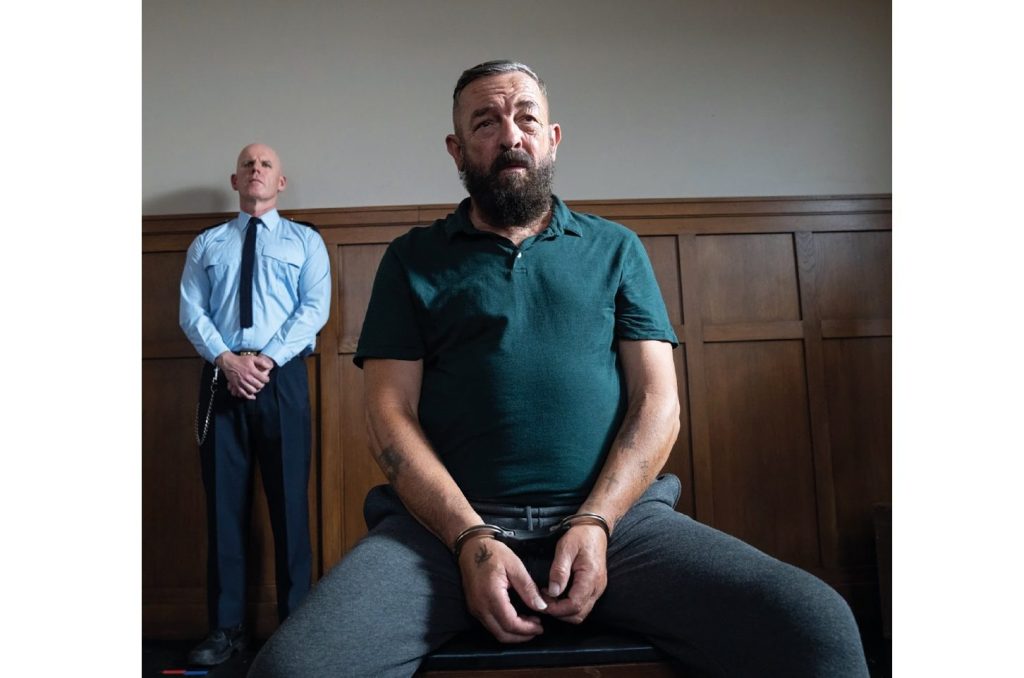








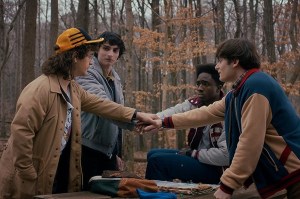

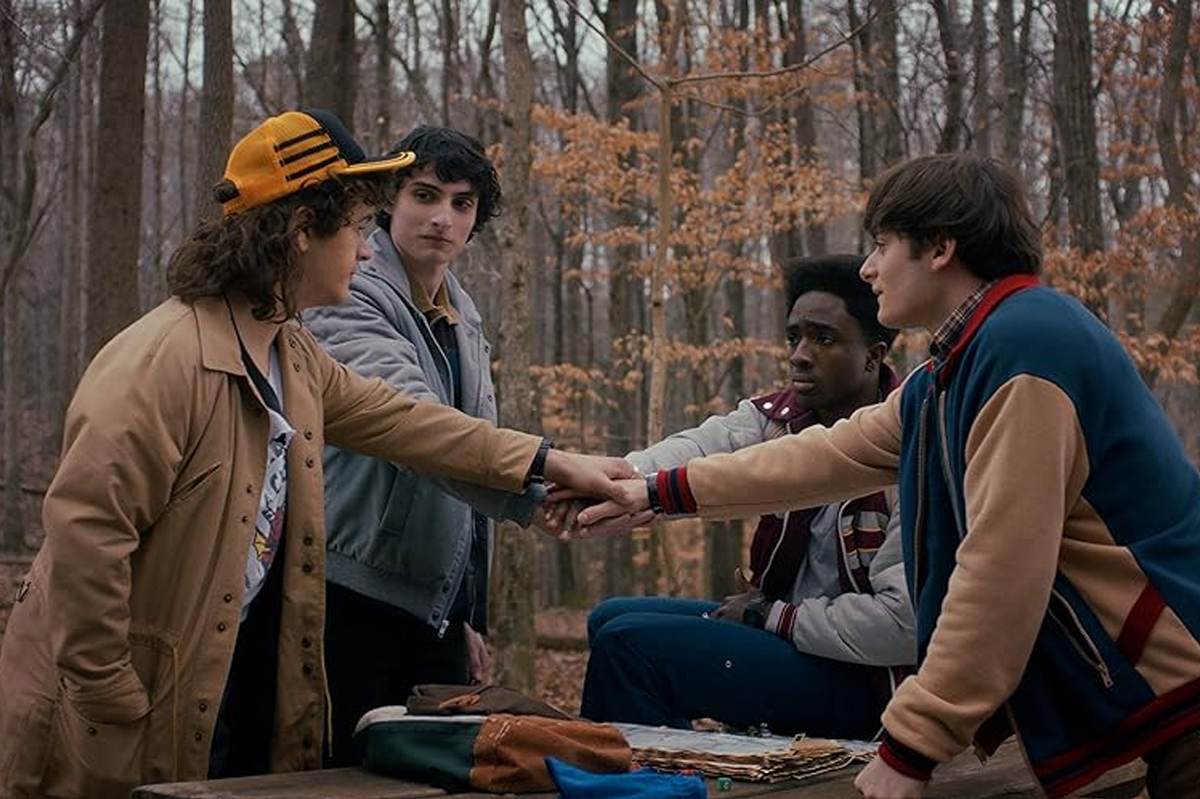

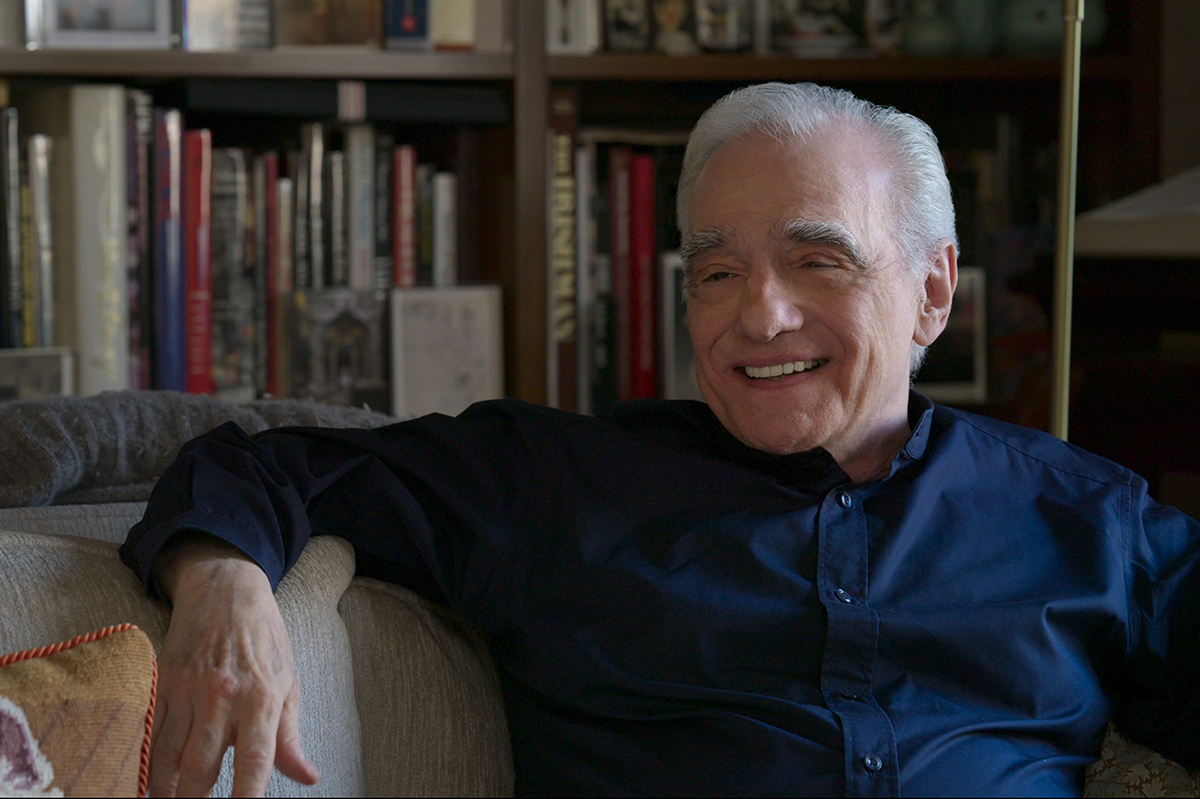
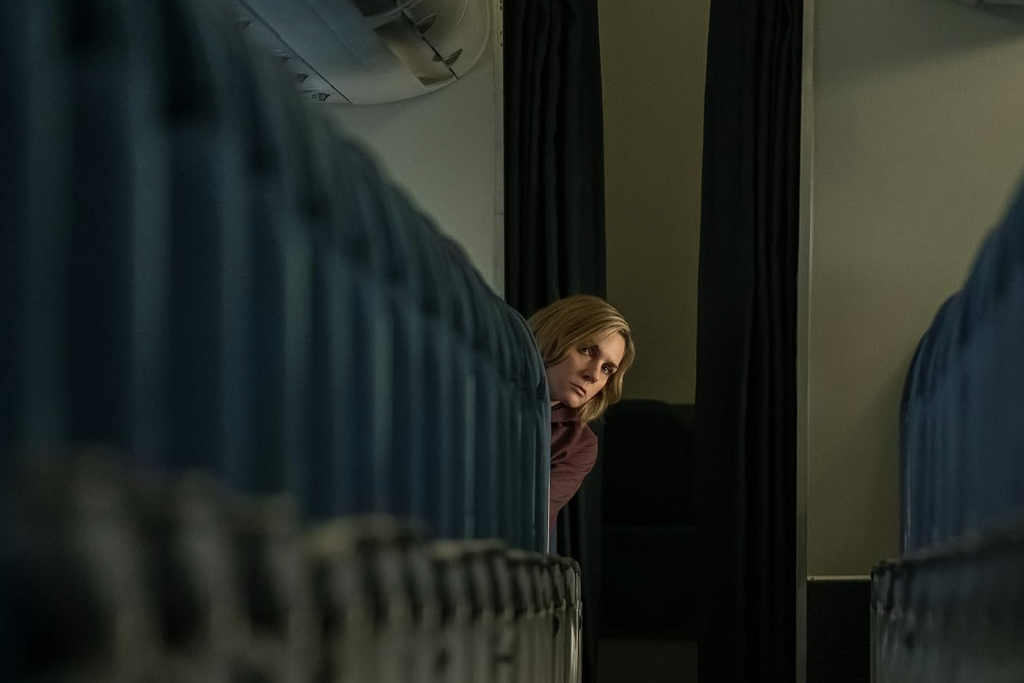








Leave a Reply